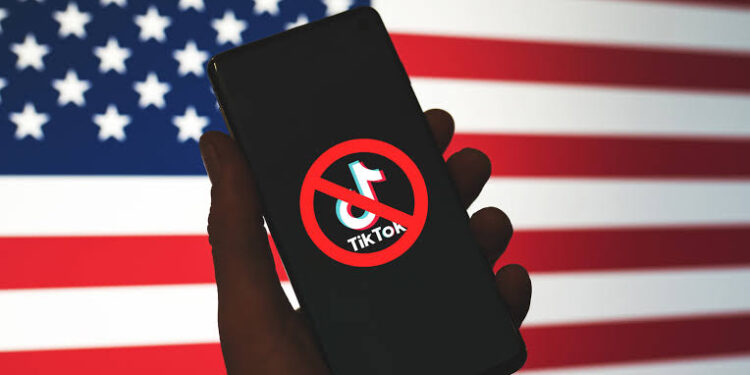In the United States, TikTok’s future is uncertain as the Supreme Court hinted on Friday that it would uphold a federal rule that bans the well-known app until its parent firm, ByteDance, splits from it. The justices were unimpressed with TikTok’s claim that the regulation violates the First Amendment during a high-stakes session.
The dispute centers on a regulation that might ban TikTok unless ByteDance, a Chinese corporation, relinquishes ownership of the app by January 19, 2025. Citing concerns that TikTok would provide the Chinese government access to private user data, lawmakers who support the ban argue that it is a question of national security.
Chief Justice John Roberts and others at the hearing didn’t seem to be impressed by TikTok’s arguments that the legislation restricts free expression. Rather, their focus was on the government’s authority to restrict foreign entities’ influence on American platforms.
The issue is more about TikTok’s relationship to ByteDance than it is about free expression, according to Justice Ketanji Brown Jackson. The app’s detractors contend that ByteDance’s presence presents concerns, but TikTok maintains that there is no proof to back up those allegations.
Unless ByteDance complies, the Supreme Court’s decision could spell the end of TikTok as we know it in the United States. Millions of users are currently left wondering if TikTok will make it through this legal battle or if the end is near.
TikTok’s future is in limbo, with creators and followers eagerly awaiting the final decision as the law takes effect in a few days.























































